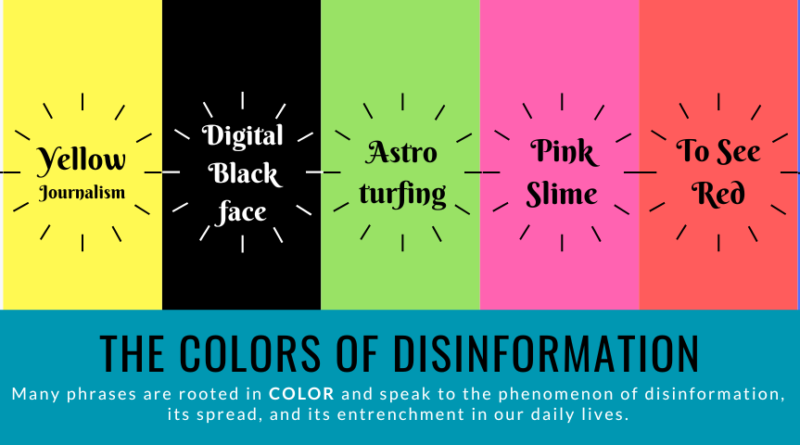All Talk and Few Facts: Reflecting on the Role of Podcasts in Climate Obstruction
What role do podcasts play in spreading information about climate change? For a research project on environmental communication, I explored how these issues are discussed in podcasts. I found that serious channels with the ambition to inform about climate change issues share the space with channels with a dubious agenda and a loose relationship to facts.
Read More













